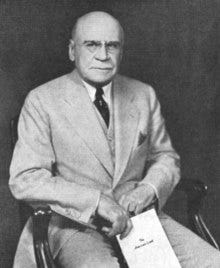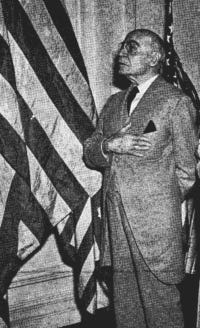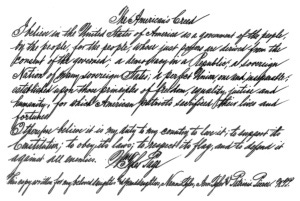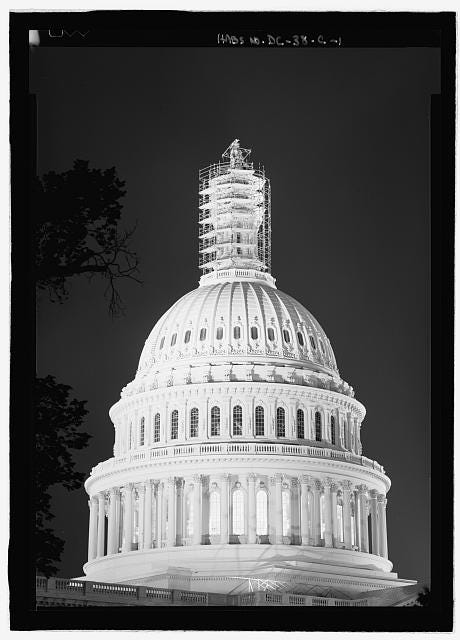Introducing the American Government
Understanding the How's and Why's, Which Matter - A Lot!
Understanding how the American system of government works is an important part of being a responsible citizen. Knowing how it is organized, and why it is organized as it is, gives us the ability to participate actively in the longest running constitutional democracy in world history.
The American “experiment” is just that - an experiment - because it had never been done before, nor has it been done since. What makes the American identity so unique is how it is determined and defined. It is not defined by a particular land mass, an ethnicity, or an ecclesiastical hierarchy - it is defined by a creed outlining a set of ideas, ideals, and commitments around which Americans rally and to which Americans subscribe. The American’s Creed was first formulated by Thomas Jefferson and refers to liberty, equality, justice, and humanity. It was formalized in text and adopted as a national symbol in 1918.
The American’s Creed
In 1917, William Tyler Page (pictured below), a public servant who worked on Capitol Hill for 61 years (he ultimately became Clerk of the U.S House of Representatives), submitted what he called "The American's Creed" to a nationwide patriotic contest that invited contributions articulating a concise but complete statement of American political faith.


Page’s submission of just 100 words was selected from 3,000 entries and was accepted by the Speaker of the U.S. House of Representatives and the U.S. Commissioner of Education (now called Secretary of Education) on behalf of the American people.

On April 3, 1918, the U.S. House of Representatives formally adopted Page’s The American’s Creed in the form of a resolution.
The American Creed reads as follows:
I believe in the United States of America, as a government of the people, by the people, for the people; whose just powers are derived from the consent of the governed; a democracy in a republic; a sovereign Nation of many sovereign States; a perfect union, one and inseparable; established upon those principles of freedom, equality, justice, and humanity for which American patriots sacrificed their lives and fortunes. I therefore believe it is my duty to my country to love it, to support its Constitution, to obey its laws, to respect its flag, and to defend it against all enemies.
— William Tyler Page, The American's Creed
In describing the Creed, Page said …
The American's Creed is a summing up, in one hundred words, of the basic principles of American political faith. It is not an expression of individual opinion upon the obligations and duties of American citizenship or with respect to its rights and privileges. It is a summary of the fundamental principles of American political faith as set forth in its greatest documents, its worthiest traditions and by its greatest leaders.
American Political Faith
As Page said, The American’s Creed summarizes the fundamental principles articulated in its greatest documents, beginning with the Declaration of Independence, the U.S. Constitution, and the Bill of Rights.
The Declaration establishes our independence from England, the U.S. Constitution sets up our government, and the Bill of Rights protects the citizens from potential overreaching by that government.
This section of The Savvy Citizen will focus on the three co-equal branches of government the Constitution creates - the legislative, executive, and judicial - as well as the system of “checks and balances” that define American government. Each branch is checked by the others another to avoid an imbalance of power and ensure that the ultimate authority in the nation rests with the people.
Our section on the U.S. Constitution will provide history, context, meaning, and purpose to the Constitution; this section will focus on the practical brass tacks of how the government is set up.
There will be some overlapping elements for sure, but that’s never a bad thing when we’re learning.
Looking forward to doing this together!
Warmly,
Kelley
November 17, 2023




